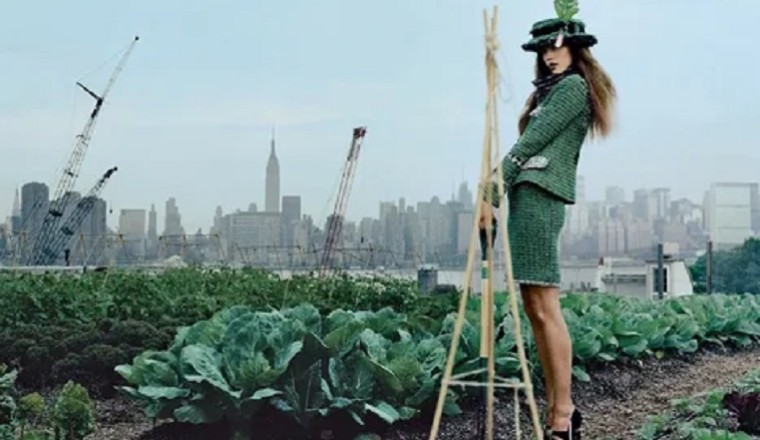The Rise of Sustainable Fashion: Embracing Eco-Friendly Trends for a Greener Wardrobe
Introduction:
As global awareness of environmental issues grows, the fashion industry is experiencing a transformation towards sustainability. From eco-friendly materials to ethical practices, consumers and brands alike are embracing a greener approach to fashion. This article delves into the rise of sustainable fashion, exploring eco-friendly trends that can help you build a wardrobe that aligns with both style and environmental consciousness.
- Eco-Friendly Fabrics
Traditional fashion has been associated with resource-intensive fabrics like cotton and polyester. However, sustainable fashion emphasizes the use of eco-friendly materials such as organic cotton, hemp, Tencel, and recycled polyester. These fabrics have a lower environmental impact, reducing water consumption and chemical usage.
- Secondhand and Vintage Shopping
Embracing sustainable fashion doesn't always mean buying brand-new items. Secondhand and vintage shopping contribute to a circular fashion economy by extending the lifecycle of clothing. Thrift stores, online vintage shops, and clothing swaps are excellent avenues for finding unique pieces while minimizing environmental impact.
- Slow Fashion Movement
The slow fashion movement encourages consumers to shift away from disposable, fast-fashion items in favor of timeless, durable pieces. Investing in high-quality, versatile garments that stand the test of time not only reduces the need for frequent replacements but also supports sustainable practices within the industry.
- Sustainable Activewear
As the fitness industry grows, so does the demand for sustainable activewear. Brands are now focusing on using recycled materials, incorporating ethical manufacturing processes, and creating sportswear that prioritizes both performance and environmental responsibility.
- Ethical and Transparent Supply Chains
Consumers are increasingly conscious of the origins of their clothing. Sustainable fashion embraces transparency and ethical practices throughout the supply chain. Brands that prioritize fair labor practices, environmentally friendly manufacturing, and transparent sourcing of materials are gaining popularity.
- Zero-Waste Fashion
Zero-waste fashion focuses on minimizing textile waste during the production process. Designers are creating patterns that use fabric more efficiently, reducing scraps. This approach not only benefits the environment but also challenges the industry to rethink traditional design methods.
- Clothing Rental and Swapping
The concept of renting or swapping clothing is gaining traction as a sustainable alternative to traditional ownership. Services that allow consumers to rent outfits for special occasions or swap clothing items with others contribute to a more sustainable and resource-efficient fashion ecosystem.
- Sustainable Footwear
Footwear brands are incorporating sustainable materials like organic cotton, recycled plastics, and even plant-based alternatives into their shoe designs. From sneakers to high-end fashion shoes, sustainable options are becoming more accessible to environmentally conscious consumers.
- Biodegradable and Vegan Fashion
In response to environmental concerns, fashion brands are exploring biodegradable materials and vegan alternatives to traditional leather. These innovations offer cruelty-free options for consumers who prioritize animal welfare and sustainability.
- Conscious Consumerism
Ultimately, the rise of sustainable fashion is intertwined with the concept of conscious consumerism. Being mindful of the environmental and social impact of your fashion choices, and supporting brands that align with your values, empowers individuals to drive positive change within the industry.
Conclusion:
The rise of sustainable fashion signifies a positive shift towards a more eco-conscious and ethical industry. By embracing eco-friendly trends such as using sustainable fabrics, supporting ethical practices, and exploring circular fashion options, individuals can contribute to a greener and more sustainable future. As the fashion landscape evolves, adopting these sustainable trends ensures that style and environmental responsibility can coexist harmoniously in our wardrobes.













Comments
0 comment